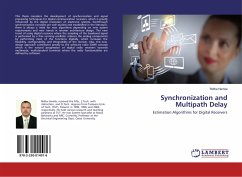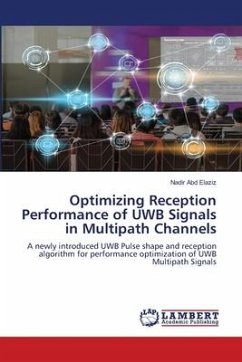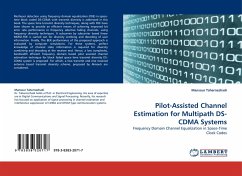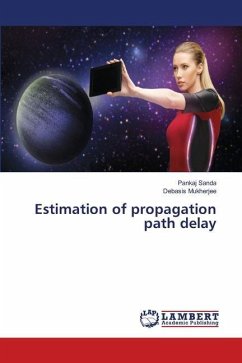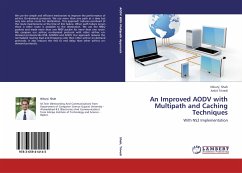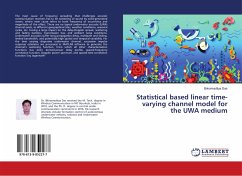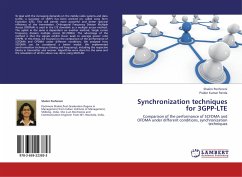This thesis considers the development of synchronization and signal processing techniques for digital communication receivers, which is greatly influenced by the digital revolution of electronic systems. Eventhough synchronization concepts are well studied and established in the literature, there is always a need for new algorithms depending on new system requirements and new trends in receiver architecture design. The new trend of using digital receivers where the sampling of the baseband signal is performed by a free running oscillator reduces the analog components by performing most of the functions digitally, which increases the flexibility, configurability, and integrability of the receiver. Also, this new design approach contributes greatly to the software radio (SWR) concept which is the natural progression of digital radio receivers towards multimode, multistandard terminals where the radio functionalities are defined by software.
Bitte wählen Sie Ihr Anliegen aus.
Rechnungen
Retourenschein anfordern
Bestellstatus
Storno

